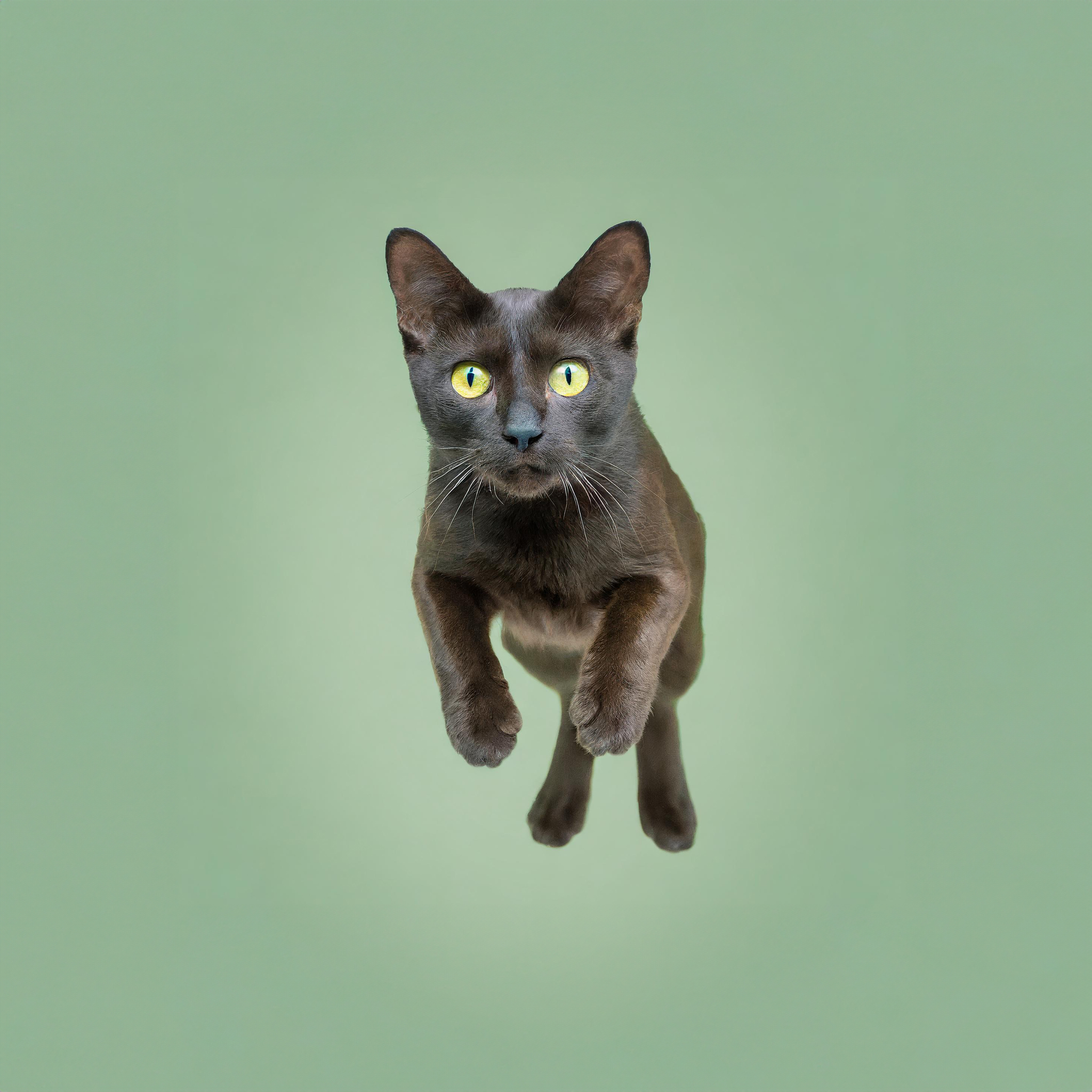The Bombay cat, renowned for its captivating appearance and delightful personality, is a highly appreciated breed that is cherished by a considerable number of individuals. With their affectionate nature, Bombay cats often seek physical closeness, and enjoy playtime with their human companions. Their intelligence, funniness, and sociability further add to their charm. Notably, Bombay cats succeed in adapting to various living environments and showcase their suitability as valued additions to any family.
The Main Characteristics:
- Loving nature
- Enjoyment
- Social behavior
- Intelligence
- Curiosity
- Active vocalization
- Loyalty
- Serenity

